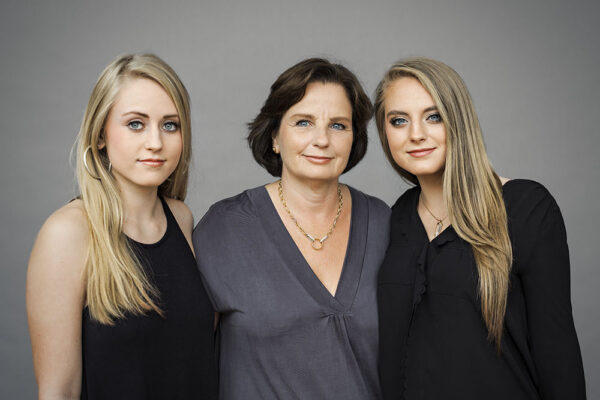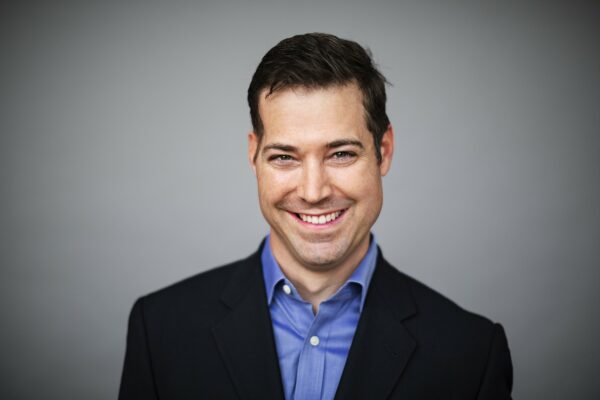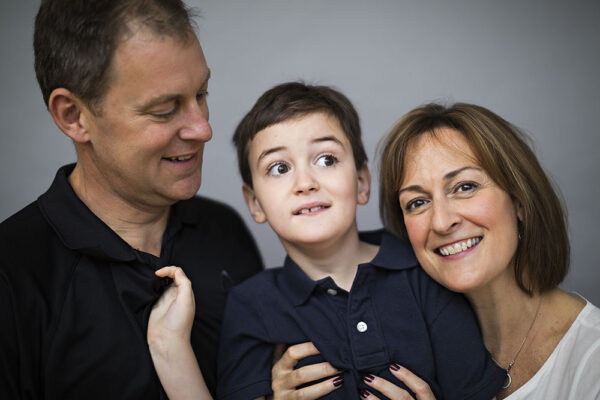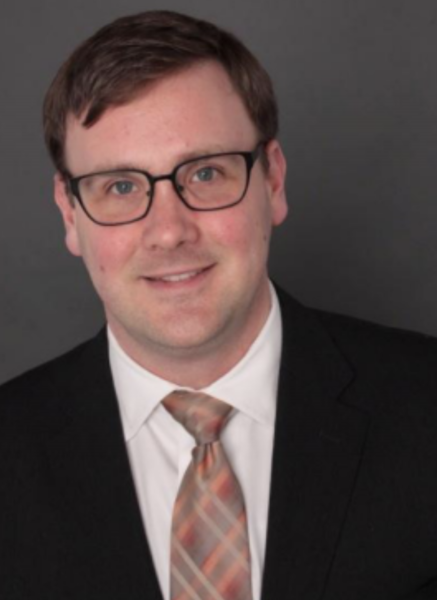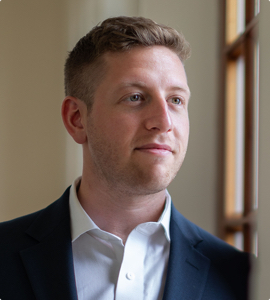
Ben’s mother was diagnosed with a benign meningioma brain tumor during a routine eye screening when he was just 12 years old. She successfully underwent surgery to remove the tumor. But she later developed an essential tremor, which led to a diagnosis of Parkinson’s disease that was unrelated to her tumor or tremor. Around the same time, his father experienced a stroke. It was a scary time for the family. But thanks to excellent care, both of Ben’s parents continue to thrive, working full time.
“They’re both living fulfilling, great lives,” Ben said. His family’s experiences motivated him to join the BRF’s Young Leadership Board (YLB) while studying accounting and risk management as an undergraduate at the University of Wisconsin-Madison. The YLB was launched in 2017 to give 22- to 40-year-olds a way to engage with the organization and its mission.
“I wanted a way to get involved while not being a scientist and not having a lot of money yet to give to the cause,” he said. That commitment to wanting to advance brain research motivated by having a loved one affected by brain disease is shared by many of BRF’s donors and volunteers. Ben believes that BRF’s disease-agnostic approach creates an opportunity for people with a wide range of experiences to unite in working toward a common goal and increases the likelihood that BRF’s funding and support will yield breakthroughs in care.
“The fact that BRF doesn’t focus on just one disease and encourages collaboration and funding for everyone allows for more cross-disciplinary discussion,” he said. “This will result in more discovery.”
Participating in the YLB has allowed Ben to help other people his age who may not be directly affected learn more about brain diseases through events like the annual Let’s Put Our Heads Together fundraiser. The board also has hosted a fitness boot camp fundraiser and a wine tasting and conversation about FOMO— the fear of missing out—with a University of Chicago professor.
“The earlier we can bring in people to the cause and teach them about what BRF does and how it can make an impact, the more people get involved, the more people will donate moving forward,” he said.
Ben said he hopes the board’s efforts will also help end the stigma associated with some disorders of the brain. He noted that his generation has a good track record of challenging the status quo and pushing back on stigma in many areas.
Ben said he’s been impressed by the welcoming reception and support the YLB receives from BRF’s Board of Trustees and leadership. This embrace of new ideas and new leaders is an outgrowth of the organization’s commitment to taking the risks necessary to change the trajectory of brain research, empowering the next generation of innovators, and building momentum towards cures.
“They are trusting us to spread their mission to a new generation,” he said.
Ben notes that his generation has a good track record of challenging the status quo and pushing back on stigma in many areas.
Like many families affected by neurological diseases, Ben and his family live with some uncertainty about what the future holds. There is currently no cure for Parkinson’s disease. But they are focusing on enjoying their lives the way they are now. Ben recently moved to New York with PwC to continue his career in Deals Consulting. He said supporting BRF’s efforts to build momentum in brain research towards developing new treatments gives him hope for the future.
“Finding a cure for others or helping move research in the right direction brings some comfort,” he said.
1 UN News. Nearly 1 in 6 of the world’s population suffer from neurological disorders – UN report. https://news.un.org/enstory/2007/02/210312-nearly-1-6-worlds-population-suffer-neurological-disorders-un-report
